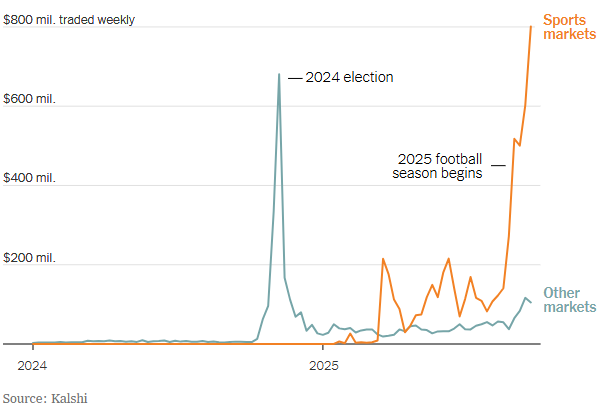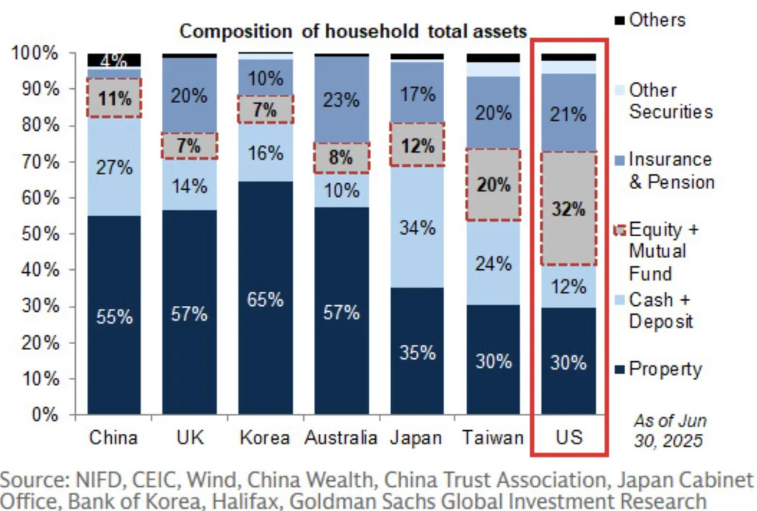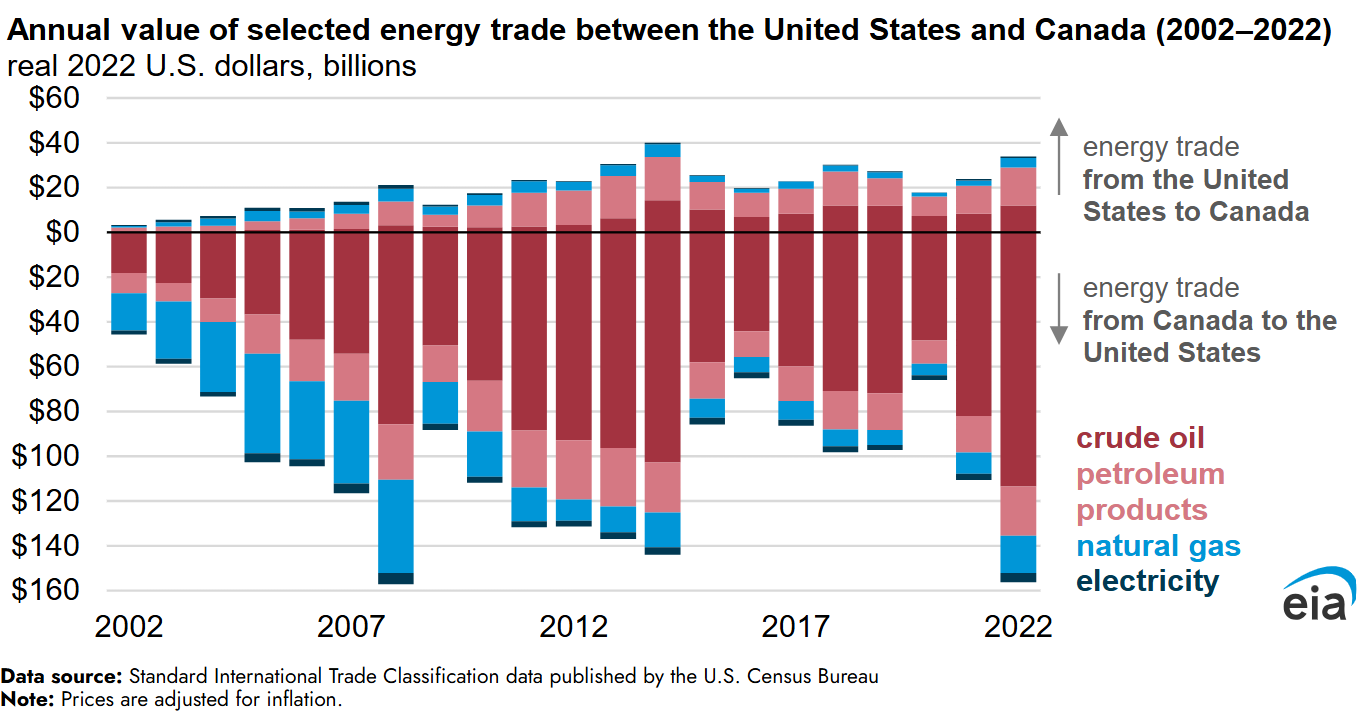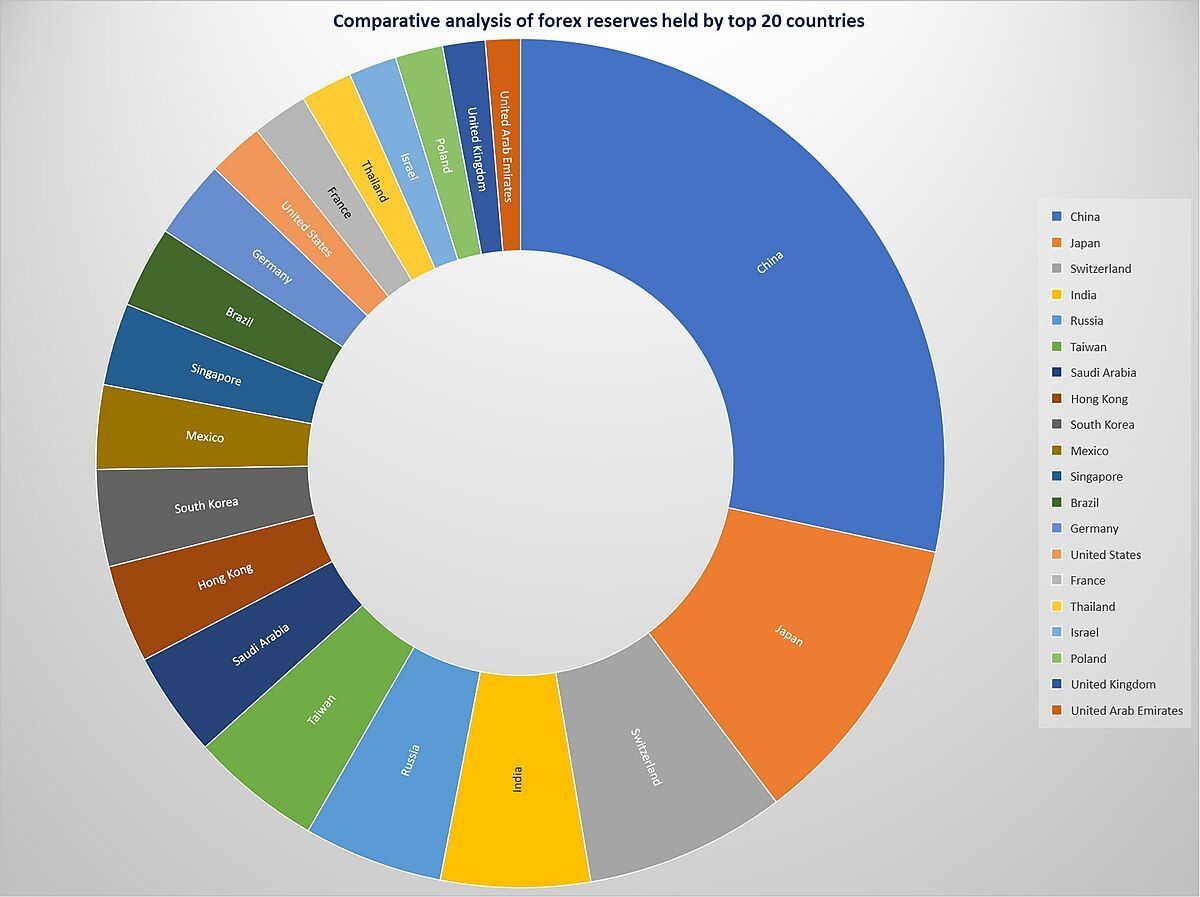Colin Read • October 2, 2024
Nature's Wrath - October 6, 2024

The political season is heating up, and extracts a great deal of our emotional and media energy. But while candidates come and go, mother nature is here to stay.
And she is not happy.
We live where we do because it affords us the quality of life to which we aspire. A major component of our enjoyment is the security we derive to be safe and free of harms.
Last week we witnessed the profound effects and risks when nature is perturbed. A benign area of low pressure in the Gulf of Mexico turned into a tropical storm by September 24. As it meandered up the eastern shoreline of Mexico, it encountered waters that approached ninety degrees.
These incredibly warm waters were not the product of some sort of cyclical El Nino phenomenon. El Nino, and its pumping of heat from the Eastern Pacific Ocean onto its western shores actually tapered at the end of last year and ended earlier this year. Instead, past history promised a more benign storm season.
I guess Gaia, the Greek goddess of the Earth, never read the memo, though. We continued to break records worldwide each month through June and about tied records in July and August. That’s a string of broken monthly surface temperature records every month for a year. Once in a while a month may break a record but never every month for a year.
But the surface temperature is less important than the ocean temperature. There too the Earth broke ocean temperature records every single month going back to March of last year. August and September ocean temperatures stopped breaking records and had to settle for the second hottest instead, but still by a very large margin over previous years across our recorded history.
Even if the ocean temperatures recently ebbed ever so slightly compared to the hottest ever last year, the latter half of September cranked temperature up to record-breaking levels once again. This recent string of hottest daily temperatures was what gave birth to Hurricane Helene.
There was a time when we saw a hurricane coming. Modern satellite technology allowed us to track their momentum, wind speed, temperature, pressure, and water content on a real time basis. Improvement in weather forecasting computer models first pioneered by John von Neumann in the 1950s have become incredibly accurate.
The problem is that hurricanes now develop not so quickly that computers cannot predict the risk and danger, but far too fast for humans to prepare.
As an example, we noted that Hurricane Helene was barely a tropical storm on September 24. By the 25th it was a hurricane, and by the 26th when it struck the Big Bend area of Florida, it was a major Category 4 hurricane with 140 mile an hour winds. Once it became the most powerful hurricane to ever hit that part of Florida, the winds wreaked havoc and destroyed coastal towns.
Wind is but the symptom though. The energy of hurricanes comes from the water they hold. This is where the upward trend of global temperatures does the most damage.
The graph for today is from a derivation I calculated for my recent book entitled “Understanding Sustainability.” It shows how the atmosphere begins to hold more evaporated water at an exponentially increasing rate as the water surface temperature increases. Now, even what seems like a small increase in ocean temperature, now averaging around 70 degrees Fahrenheit, up from 69 degrees earlier this millennium, and up from about 66 degrees at the beginning of the last century, is causing atmospheric water content to balloon.
It is this rapid rise in atmospheric moisture that drives much of our weather. A water molecule is bigger and less dense than the other gasses it displaces. This causes atmospheric pressures to drop and winds to form to try to equalize pressure differentials. The more water the atmosphere holds, the more energy it induces and the more intense are its storms.
This greater intensity is a simple matter of physics that explains why hurricanes are growing stronger and accelerating far faster than humans have traditionally experienced. We know it's not the wind that kills, it's the water. There was a time when tropical disturbances were either very broad (wide) or dispersed and concentrated. Now, with the dramatic warming of the Gulf of Mexico that causes rapid intensification, very broad storms also become very intense and concentrated hurricanes very quickly. That is the problem with Helene.
Hurricane Helene was unusual not necessarily in its rapid development. Scientists are seeing such acceleration much more often now. Helene was powerful in its breadth. Its footprint was hundreds of miles wide, even as the winds were downgraded first to a tropical storm and then a broad low pressure depression.
In just a few days, the storm went from a low pressure region off the coast of Mexico to a storm that released the greatest flooding since Hurricane Katrina and, with fatalities surpassing 240 fatalities and 285 people still missing at this time of writing, shall pass Camille as the second deadliest U.S. hurricane in my 65 year lifetime, and with more than twice the monetary damage as Camille. But, unlike Katrina, which gave residents of New Orleans about 6 days' notice from tropical storm to a massive hurricane to (ill-)prepare, and Camille, which afforded Mississippians 4 days, Helene slammed Florida barely two days after the tropical storm first developed. Helene certainly caught almost completely by surprise, especially those who lived in the usually climate-benign hills of western North Carolina, and tells us all there are few places to hide.
Such rapid storm acceleration has become the new normal. On Sunday, October 6, 2024 at 11 am, the National Hurricane Center reported a tropical depression was by then Tropical Storm Milton. Within 24 hours, at 11:55am the Monday, the storm was upgraded to a monsterous Category 5 Hurricane. The Atlantic Basin has seen 42 such Category 5 hurricanes in the last century, including Katrina and Camille. That's about three every seven years. We've now had three in the last thirteen months, also including Beryl and Lee. None of these storms had the 180 mph sustained winds Milton now has. We're just a day into Hurricane Milton, but it has already surpassed all but five Atlantic hurricanes in wind speed. Such acceleration is practically unprecedented and very concerning.
We have become desensitized to the constant climate records we have been breaking, often on a daily basis. A decade or two ago we would have marveled if we once experienced a temperature record-breaking month. Now we break these records every single month to the point that the media and the public no longer find novel these dramatic accelerations of temperature and storms - at least until hundreds die in places well inland that are typically considered very safe and peaceful, such as once-picturesque Asheville, North Carolina. Once regarded as temperate and immune to threats of nature, no longer are places such as Asheville, nestled in the mountains, insulated from global warming.
I live on Lake Champlain, a large lake that once regularly froze right over so one could skate to Vermont, but not anymore,, in an increasingly temperate climate and with little or no threats from storms, forest fires, earthquakes, drought, or forest fires. As communities I left fear earthquakes or forest fires, and communities to my south are becoming hurricane and tornado-prone, I could be smug in my belief that I face minimal risk of an increasingly angry planet. But, then again, I thought all those things about Asheville less than a couple of years ago when Natalie and I visited. No longer can people almost anywhere consider that natural disasters happen elsewhere. For peaceful Asheville to contribute to the second greatest hurricane loss in the U.S. in my lifetime, no place seems completely safe.
It would be nice if we could say to Mother Earth, “Okay, you have our attention.” Maybe we’d rather ignore something so powerful as our climate that many people feel they cannot change. Perhaps, though, it may be easier to slow down climate change than it is to interject sanity and unity into our national politics!
On a lighter personal note, two of the three restaurants Natalie and I went to on our first dates burned down shortly thereafter. A year or so ago we visited the wonderful community of Asheville, followed by an equally vibrant Johnson City this year. Both have been decimated by hurricane-induced flooding. Chambers of Commerce across the country shall soon ask me to not travel to their towns.









